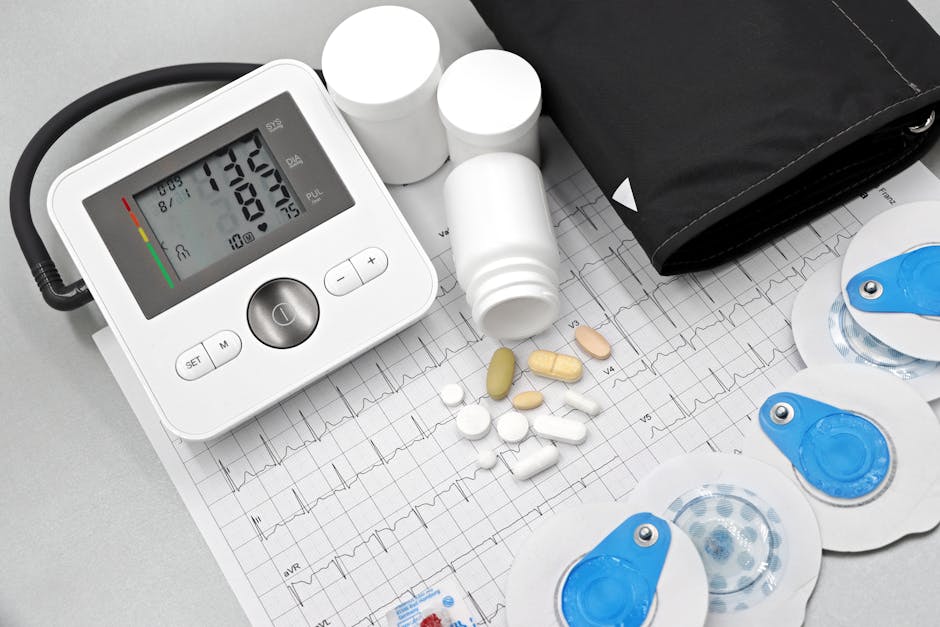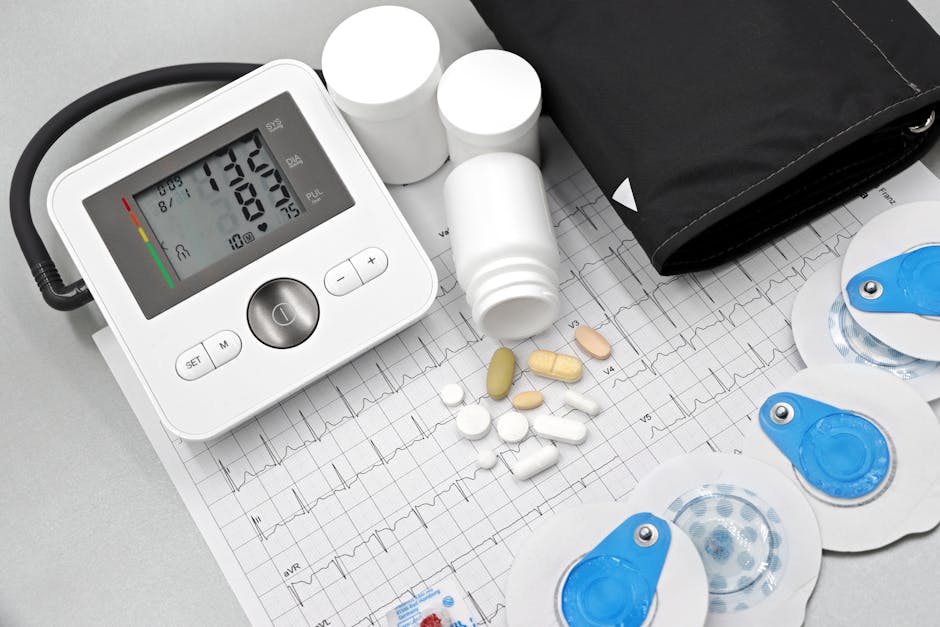Understanding the NCLEX-RN Exam
The National Council Licensure Examination for Registered Nurses (NCLEX-RN) is a crucial hurdle for aspiring nurses. This rigorous exam tests your knowledge, skills, and ability to apply critical thinking in various nursing scenarios. Passing the NCLEX-RN is the gateway to your nursing career, granting you the license to practice as a registered nurse. This comprehensive guide will walk you through everything you need to know to successfully navigate this challenging yet achievable exam.

Exam Structure and Format
The NCLEX-RN exam is computer-adaptive, meaning the difficulty of the questions adjusts based on your performance. You’ll encounter a variety of question types, including multiple-choice, multiple-response, fill-in-the-blank, and ordered response. The questions are designed to assess your understanding of nursing concepts and your ability to apply that knowledge to real-world situations. The number of questions varies depending on your performance, ranging from 75 to 265. The exam is timed, and you’ll need to manage your time effectively.
Content Areas Covered:
- Safe and Effective Care Environment: This section emphasizes patient safety, infection control, and maintaining a safe environment. Topics include medication administration, fall prevention, and recognizing potential hazards.
- Health Promotion and Maintenance: This area focuses on health education, disease prevention, and promoting wellness. Expect questions on health screenings, vaccinations, and patient education related to various health conditions.
- Psychosocial Integrity: This involves understanding the psychological and social needs of patients. Questions might address coping mechanisms, communication techniques, mental health disorders, and ethical considerations.
- Physiological Integrity: This is a significant portion of the exam, covering various physiological systems such as cardiovascular, respiratory, neurological, gastrointestinal, and endocrine. You’ll need a thorough understanding of normal physiological processes, common diseases and disorders, and related nursing interventions.
- Basic Care and Comfort: This area focuses on providing fundamental care to patients, including hygiene, nutrition, mobility, and pain management. It emphasizes holistic patient care and promoting comfort.
Effective Study Strategies
Preparing for the NCLEX-RN requires a structured and dedicated approach. Here are some key strategies to maximize your chances of success:

Create a Study Plan:
Develop a realistic study plan that allocates sufficient time for each content area. Consider your strengths and weaknesses and allocate more time to areas requiring improvement. Consistency is key; stick to your schedule as closely as possible.
Utilize Diverse Resources:
Don’t rely on a single study resource. Combine textbooks, review courses (online or in-person), practice questions, and NCLEX-RN review books. Different resources provide different perspectives and can help solidify your understanding of concepts.
Practice Questions are Essential:
Practice questions are invaluable for familiarizing yourself with the exam format and identifying areas needing further study. Numerous resources offer NCLEX-RN practice questions, many simulating the adaptive nature of the actual exam. Analyze your mistakes and understand the rationale behind correct answers.
Active Recall and Spaced Repetition:
Instead of passively rereading material, actively recall information. Use flashcards, create summaries, and teach the concepts to others. Spaced repetition, revisiting material at increasing intervals, enhances long-term retention.
Simulate Exam Conditions:
Practice taking full-length NCLEX-RN practice exams under timed conditions. This helps you build stamina, improve time management skills, and reduce test anxiety.

Prioritize Understanding, Not Memorization:
Focus on understanding the underlying principles and rationales behind nursing interventions. Mere memorization won’t suffice; you need to apply your knowledge to different clinical scenarios. Focus on critical thinking and problem-solving skills.
Managing Test Anxiety
Test anxiety is a common concern for NCLEX-RN candidates. Employ strategies to manage stress effectively:
- Get enough sleep: Adequate rest is vital for optimal cognitive function.
- Eat healthy: A balanced diet provides energy and sustains focus.
- Exercise regularly: Physical activity helps reduce stress and improve mood.
- Practice relaxation techniques: Deep breathing exercises, meditation, or mindfulness can help calm your nerves.
- Positive self-talk: Encourage yourself and believe in your ability to succeed.
After the Exam
After completing the exam, allow yourself time to relax and de-stress. The waiting period for results can be anxious, but try not to dwell on your performance. Focus on other aspects of your life and maintain a positive attitude.
Conclusion
The NCLEX-RN exam is a challenging but achievable goal. With diligent preparation, effective study strategies, and a positive mindset, you can successfully conquer this exam and embark on your rewarding career as a registered nurse. Remember to stay focused, persistent, and believe in your abilities.

